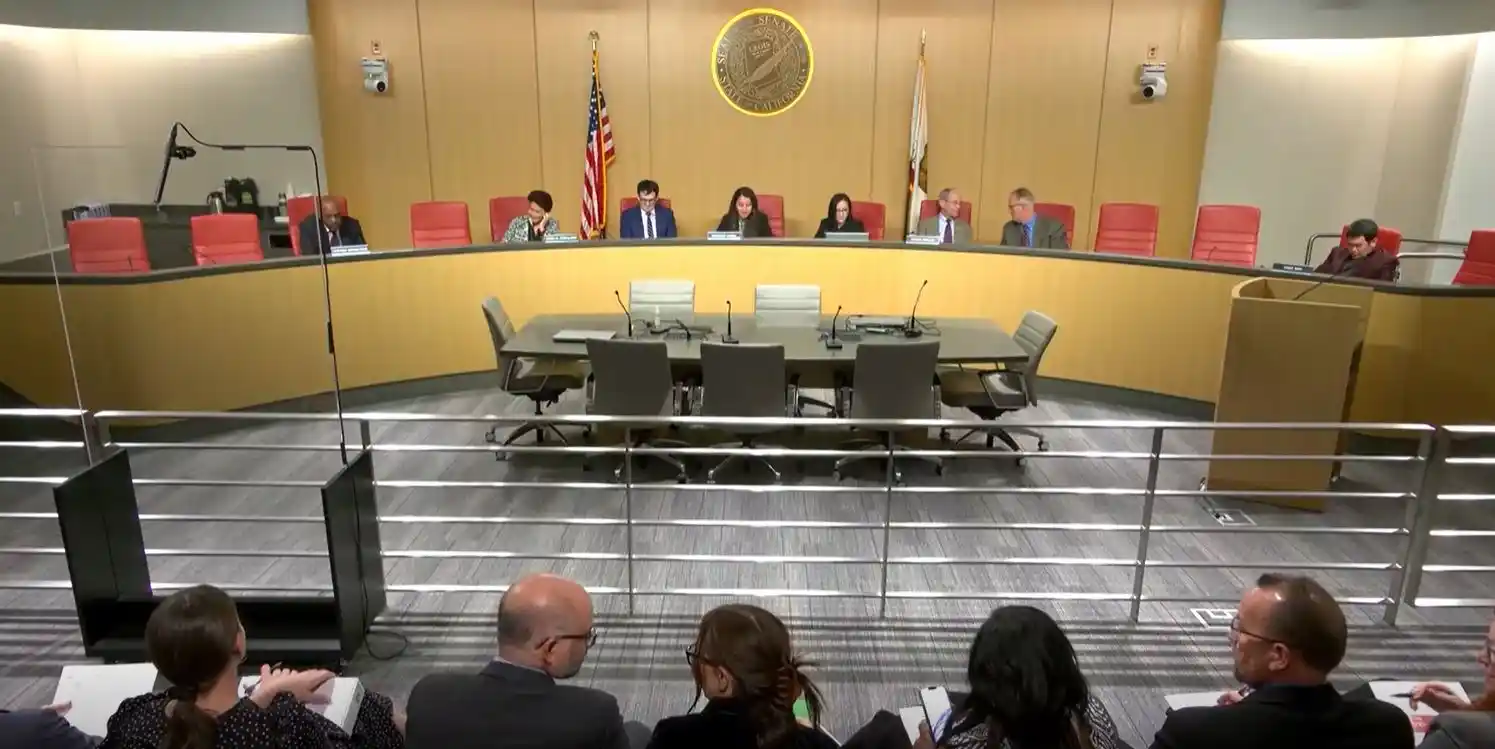The Uniform Law Commission (ULC) has endeavored to unify cryptocurrency regulations across all 50 states for over two years now. Finally, the time has come to see if all 50 states will enact the Uniform Regulation of Virtual Currency Business Act in their upcoming legislative assemblies.
But how realistic is the idea of a uniform money transmitter license? Is it feasible to unite all 50 states under the same level of regulation when it comes to crypto regulation?
To understand whether the ULC’s goal is a piece of cake or a pipe dream, let’s take a closer look at the Commission and how soon its proposed legislation could become reality.
What is the ULC?
The Uniform Law Commission (ULC), also known as the National Conference of Commissioners on Uniform State Laws, is a non-profit, independent association. The ULC was established in 1892 and boasts a track record for providing the U.S. states with researched and drafted legislation in the hopes of bringing clarity and stability to critical areas of constitutional law across all states and jurisdictions.
The organization is made up of 350 commissioners who are all lawyers striving to make a difference in areas of state law by promoting much-needed uniform acts. The ULC has produced more than 300 uniform acts, the most well-known of which is the Uniform Commercial Code (UCC).
Their most recent act is the Uniform Regulation of Virtual Currency Business Act, which pertains to the regulation and licensing of cryptocurrency businesses engaged in money transmission.
Is The Uniform Regulation of Virtual Currency Business Act Needed?
 It comes as no surprise that the organization saw a need for such an act. Current laws governing money transmission are antiquated, unclear on the technicalities, and inconsistent in application from state-to-state. Moreover, money transmission laws were drafted prior to the invention of a floppy disk and were never intended to govern anything more complicated or “high tech” than a wire transfer. Consequently, many cryptocurrency businesses across the United States are facing issues with the licensing process and their legal obligations.
It comes as no surprise that the organization saw a need for such an act. Current laws governing money transmission are antiquated, unclear on the technicalities, and inconsistent in application from state-to-state. Moreover, money transmission laws were drafted prior to the invention of a floppy disk and were never intended to govern anything more complicated or “high tech” than a wire transfer. Consequently, many cryptocurrency businesses across the United States are facing issues with the licensing process and their legal obligations.
The uncertainty with legal issues and grey areas has lead to myriad legal problems between cryptocurrency businesses and state laws. Consequently, numerous companies have been forced to cease operations despite investing tens of thousands of dollars in legal resources.
There is a clear and apparent need to address the uncertainty regarding cryptocurrency businesses.
But this begs the question: will the ULC’s approach to uniform money transmitter licensing be agreeable to all states? I suspect we’ll receive periodic updates from the ULC, but I wouldn’t expect a uniform license anytime soon. State sovereignty will play a huge role in that certain states believe in acting unilaterally with respect to regulatory approach, some good and some New York (ah, I mean bad).
What the Legislation’s Draft Says
One of the most important sections of the draft details how to determine whether a person or company is subject to money transmitter regulations. The act considers three factors:
- Does the financial service or product involve cryptocurrency?
- Is the service a cryptocurrency business activity?
- Is the service exempt from anything listed in the act?
Additionally, the Commission provides a definition for cryptocurrency, stating that its “a digital representation of value that is used as a medium of exchange, a unit of account, or store of value; and is not legal tender, whether or not denominated in the legal tender.”
Not only does the draft legislation define cryptocurrency, it also categorizes the types of cryptocurrency businesses.
- Exchanging, transferring or storing cryptocurrency with or on behalf of residents of the state.
- Holding electronic precious metals or e-certificates of precious metals on behalf of others.
- Exchanging otherwise nonconvertible digital units for one or more forms of cryptocurrency that can be exchanged for legal tender or bank credit outside of online games.
Importantly, the draft legislation provides certain exemptions, 16 in total, that would disqualify a business from licensure and regulation. These exemptions include operating a bank, a securities or commodities broker; existing money transmitter licensure; individuals using digital currency for personal or household purchases; an attorney providing escrow services; the mining of digital currency; secured creditors who hold claims over digital currency; and, software and support services.
How Likely is This To Become Reality?
Now for the important “how this affects you” questions.
In light of this much-needed unified legislation that the ULC presents, what effect will it have on cryptocurrency businesses across the states? Will all the states agree to implement this act, and will there finally be unity and clarity with the laws governing cryptocurrency businesses?
Don’t hold your breath.
We have a long way to go here. The idea of a uniform money transmitter license, or uniform anything among the 50 states when it comes to regulation, is at best a longshot.
We’ll see a host of issues when it comes time for a vote in each state, including the assertion of each state’s rights and wide political disagreement over the scope and level of regulation. This would be especially true if the ULC were to adopt anything resembling the onerous requirements of New York’s BitLicense.
Some larger exchanges such as Coinbase show deep divides and disagreements in the community over this proposal already. They fear it could cause more issues due to the underdeveloped body of law in regard to the cryptocurrency field.
Of course, the new draft legislation presented by the ULC seems to lay out some necessary and reasonable measures for cryptocurrency businesses to follow. Still, it’s more of a warm-up than a final lap. If history in this area has proved anything, it’s that the passing of new legislation regarding money transmitters is a long, uphill battle.


